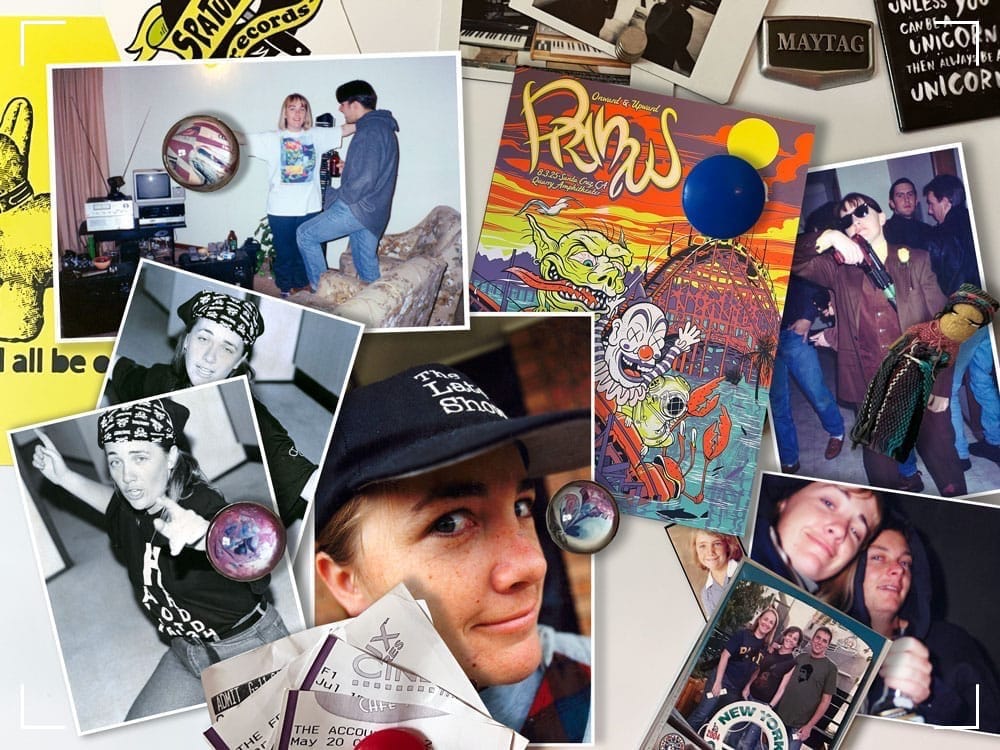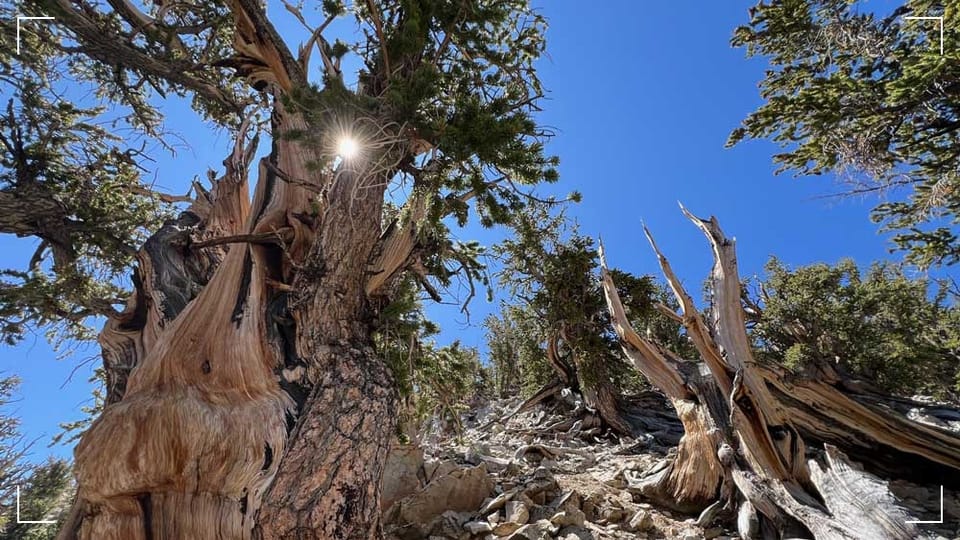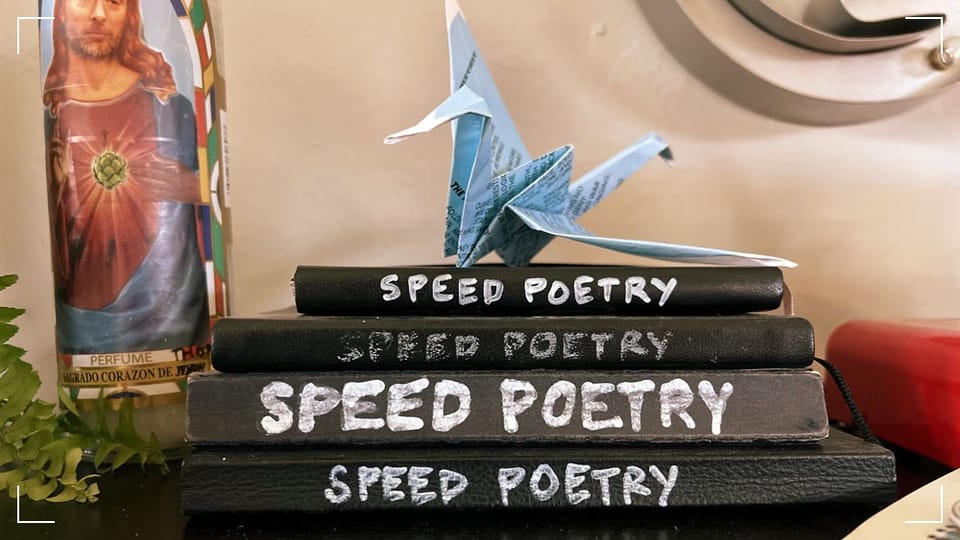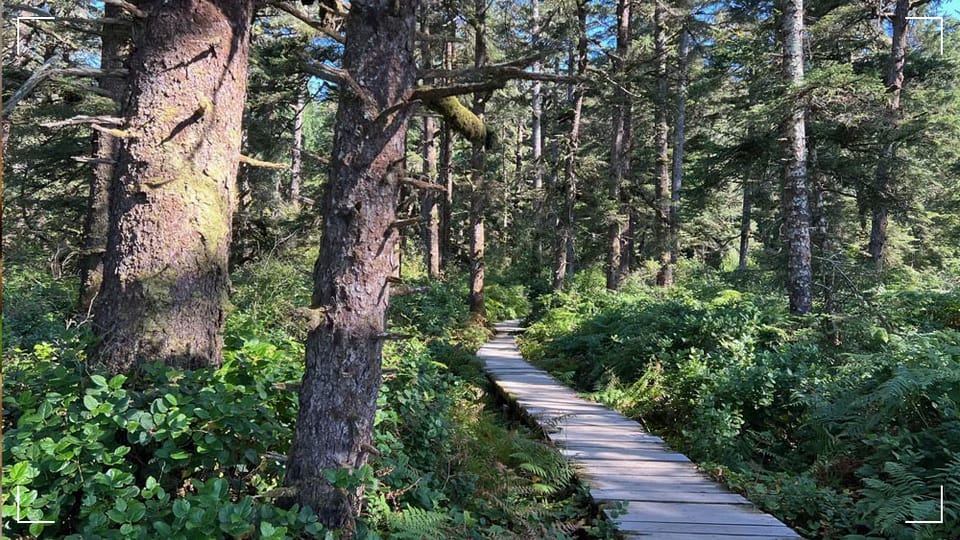Bitching in a forward direction
All those feelings of gloom and helplessness - this is the way.
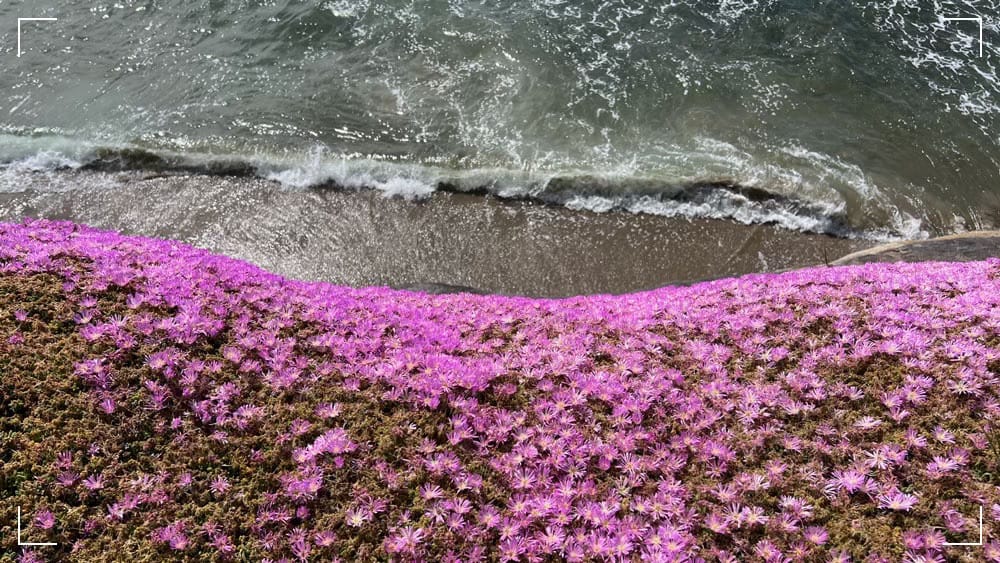
You slip on your old faithfuls—your worn out Blundstones, leather scuffed and toe box tired—and stomp them hard on the landing.
You look down and note their sad, moisture-deprived state.
You admire their knuckle-down-and-just-get-it-done nature, and vow to give ‘em a hit with the good ol’ Kiwi brown when you get back.
You know they need a polish.
You know they need some love.
You think about these boots.
You think about how, over the course of this stomping, rock-kicking, puddle-splashing life of yours, you have worn so many farm boots exactly like these ones.
You can almost feel the stones and sticks of your homeland—the smell of red dirt and squint of dust clouds and the slippery step of a sole upon a fresh cow pat in a paddock long ago.
You miss the farm of your childhood.
You can feel, in that flashback moment, a piece of long-departed Scotch thistle working its way down your sock to prick and scratch your skin with its memory.
You know that even though the remembrance is pleasant, you cannot live in this past.
You lift your foot and examine the crack in the forefoot of the sole.
You think to yourself (not for the first time): “Might be time for a new pair?”
You continue on.

You grab a bike in the garage and maneuver it along an established path in the tight space between washing machine and Yeti and broken bikes and solar panels and toolbox and clothes set aside to go to the Salvos if you can get your shit together.
You pause in the driveway to take the heel of your hand and press down upon the rear tire to check the pressure.
You ignore the slight give of the rubber and think the same thing you do every time you do this: “Nah, she’ll be right,” which is what you say when something needs maintenance and is teetering on the edge of disaster.
You feel some kinship in that.
You feel deflated—just slightly, but not enough to do anything about it—most of the time.
You roll out onto the street, thinking: “If it fails, I will deserve it and I will accept the consequences.”
You continue on.

You pedal up the hill and out of the village toward East Cliff, downshifting to the lowest gear to ease the niggling pain in your right knee.
You keep your head tilted slightly down while maintaining vision of the bike lane from under the brim of your hat and keeping a vigilant eye on erratic tourists crossing the road.
You do this tilt to discourage a stray breeze from catching the brim of that hat and whipping it off for some unchaperoned adventure.
You love this hat.
You love when people say, “Nice hat!”, which happens more often than you expect and never fails to make you smile.
You think to yourself, “If this hat flies off, and a car runs over it, I shall be utterly devastated.”
You know there is truth in this statement.
You continue on.

You continue your pedal toward the cliffs, along a street flanked by houses that separate you—momentarily—from their view of the ocean.
You are making progress toward a clifftop bike path that’ll pull you out to the edge to meander above the chop and surge of the ocean, supplying you with views of surfers in the swell and kelp gardens swaying and small fishing boats farther offshore.
You anticipate—you look forward to—the touch of the ocean breeze on your face and the sound of gulls and perhaps the sense a briny odor in your nostrils and you know that in that moment you will feel calm and connected again and that’s why you’re going.
You pedal.
You feel the click and wobble of the loose crank of your bicycle, and with each stroke you wonder if that too, is dangerous or just irresponsible.
You conclude that it’s probably a bit of both.
You accept your fate and the inevitable judgement: “You are a bike mechanic’s nightmare.”
You continue on.

You turn your head to clock a house that fascinates you—you are tickled by the choices made—and observe the somewhat nautical touch.
You think SEASIDE, and BRIC-A-BRAC and EPHEMERA.
You are captivated by this house, with its rusted iron pelican on the railing and its second-floor sunroom, curved like the Sightseer Lounge car windows on a train.
You know—you just KNOW—there are decorated arrangements of heavy wharf rope, and riggings, and glass fishing floats hanging in hemp macrame from a hook on an exposed beam.
You know—you just know—there are conch shells on coffee tables.
You attempt to note such thematic pieces as you pedal by, wondering idly: “Where does one even get a wooden wheel for your window helm?”
You wonder: do the people who live there ever put their hands on that ship’s wheel and pretend to control the weather?
You imagine yourself there, tilting the horizon to the will of your desire.
You joke to yourself, with a sense of dread tearing: “Who has the helm of the world? Because we are way off course.”
You put that note in your phone for later.
You hate notes like this.
You will use it anyway.
You continue on.

You are on the East Cliff bike path now, dodging dogs and wet-suited humans with boards yawing, their eyes only on the waves, the conditions, and the paddle out.
You ride past The Point and down to check the smaller beach around the corner, to lock up your bike, put Blundstones to sand, and take pictures of the waves as they crash their cymbals dramatically upon the shore.
You walk back to your bike, photos taken, stepping on shells and dog prints and watching the broken sails of Velella velella flying gently over the sand.
You watch as two boys on beat up bikes—each with a boogie board stuffed under an arm, the other arm steering—pull up at the edge of the beach for a surf check.
You hear one say with all the joy of a young boy stoked on the sea: “Look! It’s firing!”
You look back those same waves and find them terrifying in that firing, knowing you would be crushed if you attempted to land your SUP on this beach.
You marvel at the courage of the young.
You flashback to the multiple times you have been spat onto the beach by an angry wave.
You accept what you know to be true: “I am just not wanted by the sea.”
You continue on.

You head back up to East Cliff, back to the path and above the spray, and roll on to snag a lazy bench to sit and be lazy upon for a spell.
You kick out the kickstand, plant your butt upon the worn wooden slats of a commemorative bench, and gaze out to the kelp forest, scanning for a raft of sea otters no doubt cracking crabs on their bellies and holding hands with their friends.
You drift your eyes in closer to the swathe of neoprene dots on boards, sitting and bobbing and waiting.
You wonder at the vibe out there, with locals only tension and the blue boards of a surf school, and Wavestorms peppered in.
You are in a meditative mood.
You feel flat.
You watch a man catch a wave just off Jack’s and ride it as far as he can.
You judge his style.
You wonder what that feeling must be like—that not flat feeling—to harness the power of that thunderous yawn of water and ride it all the way to joy.
You want to ride a wave.
You see the sun sparkle off his wet, black skin suit as he flops off and turns to paddle back out.
You sigh and squint your protest at the sun, bringing your focus back again.
You take a photo of your bike against the backdrop of the ocean and the surfers and the kelp and the carpet of ice plant at the fence.
You think to yourself, “One day I will be brave enough to stand up.”
You continue on.

You let all the thoughts come now.
You are hungry.
You are alone.
You wish your landlord would let you have a cat.
You sometimes talk to Fergus, your fern, but it’s not the same as having something with eyes that blink their secret love to you.
You note that you are frequently angry.
You are surprised by it.
You don’t know what to do with it and have nowhere useful to put it.
You are afraid.
You find the daily news mostly unbearable, unbelievable, and unsupportable.
You rage and seethe and switch off.
You know that if you let it seep into you too deeply, the poison will rot you from the inside out.
You cannot for the life of you figure out how to exist with it in your body.
You search for antidotes.
You ride your bike down the hill and toward home, the freewheel clicking with glee.
You lift your hand from the bar and hold down your hat as you coast.
You continue on.

You are tired.
You feel lost.
You are anxious.
You are confused.
You are sad.
You are wandering the desert of the past.
You are climbing up the walls of this future and afraid of what’s on the other side.
You turn the corner onto your street.
Why. Is the question of this moment.
Oh. Is the feeling that overwhelms.
You.
You continue on.

Listen to me read this post to you, here 👇
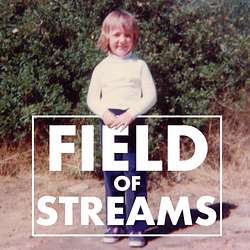
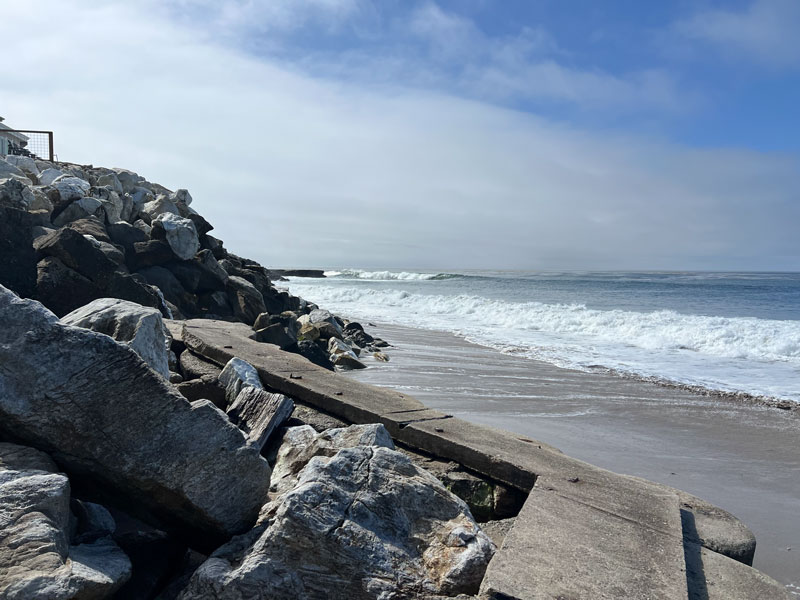
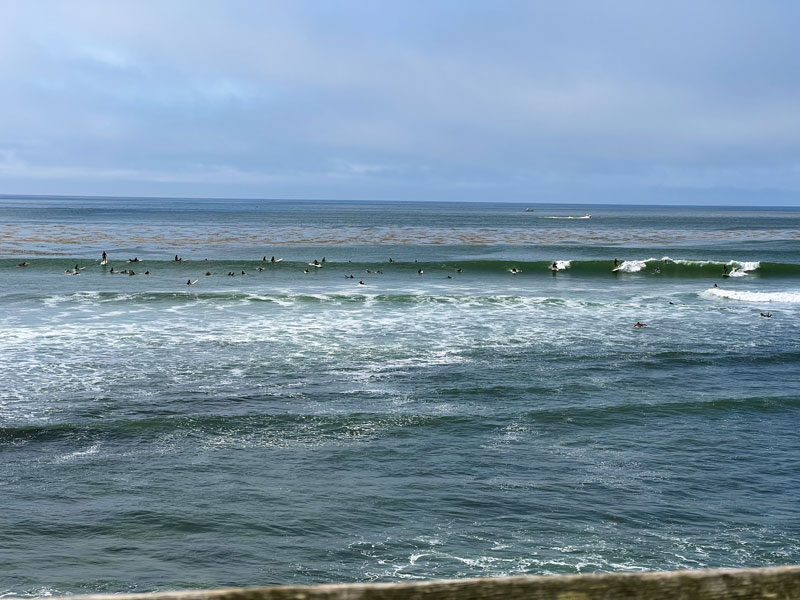
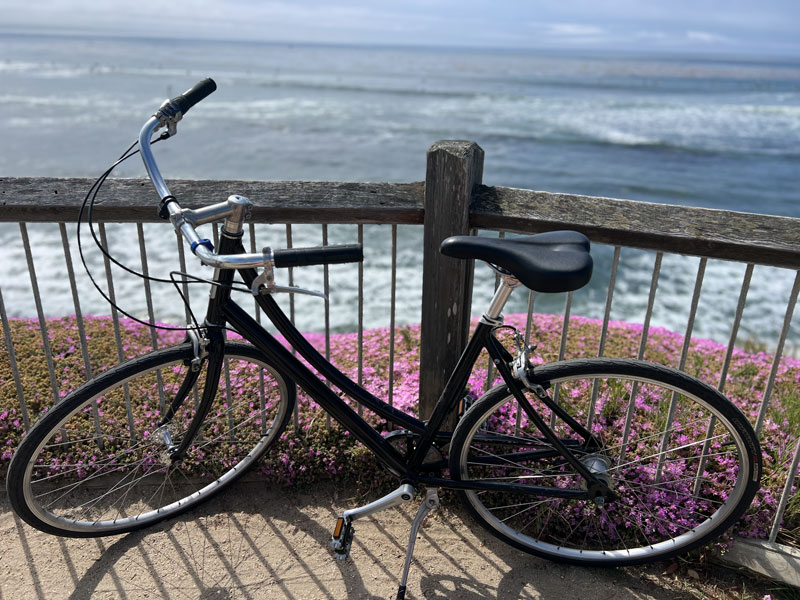
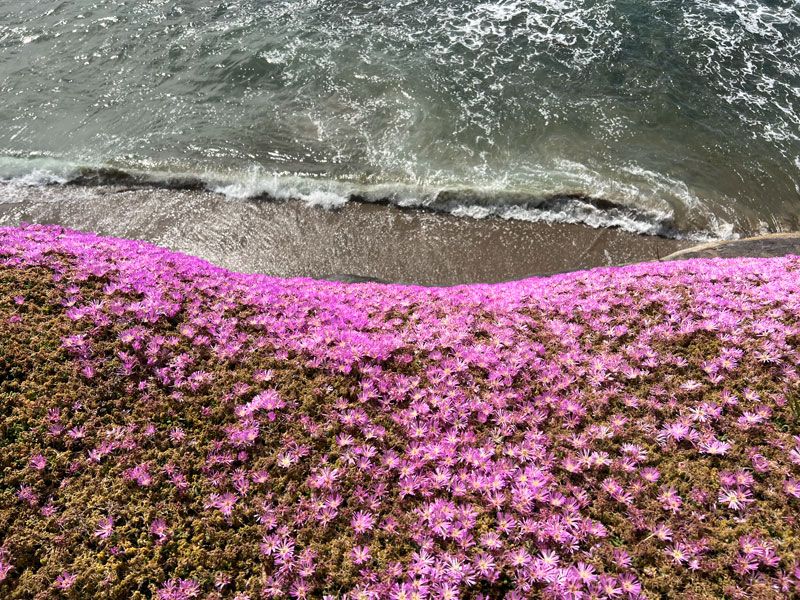
This week’s amends…

Matins
You want to know how I spend my time?
I walk the front lawn, pretending
to be weeding. You ought to know
I’m never weeding, on my knees, pulling
clumps of clover from the flower beds: in fact
I’m looking for courage, for some evidence
my life will change, though
it takes forever, checking
each clump for the symbolic
leaf, and soon the summer is ending, already
the leaves turning, always the sick trees
going first, the dying turning
brilliant yellow, while a few dark birds perform
their curfew of music. You want to see my hands?
As empty now as the first note.
Or was the point always
to continue without a sign?
– Louise Glück, (1992) from the book The Wild Iris
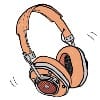
On Rotation: “Keep on Knocking” by Death
A reminder that all songs featured in this newsletter over the years are added to the giant mega super playlist of magnificents and magnificence which you can access with an effortless depress of this button. 👇
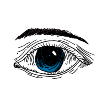

Yells from passing car window: “Do a kick flip!”
Via Boing Boing
Shameless Podcast Plug
Listen to audio versions of early issues of The Stream on my podcast, Field of Streams, available on 👉 all major podcasting platforms 👈
Here’s Apple

